🌍 Frontier Markets News, October 10th 2025
A weekly review of key news from global growth markets

Africa
Kenya moves to reduce reliance on debt
Kenya’s President William Ruto this week announced his government plans to establish a sovereign wealth fund and an infrastructure fund, Finance in Africa reports. The plan is part of an effort to reduce reliance on debt by crowding in investment and privatizing state assets.
The initial capital will come from a partial sale of shares in state-owned Kenya Pipeline Company, a stake the government values at up to $1 billion. The funds would be used to boost agriculture and to increase electricity production to support industrialization of Kenya’s economy, Ruto said.
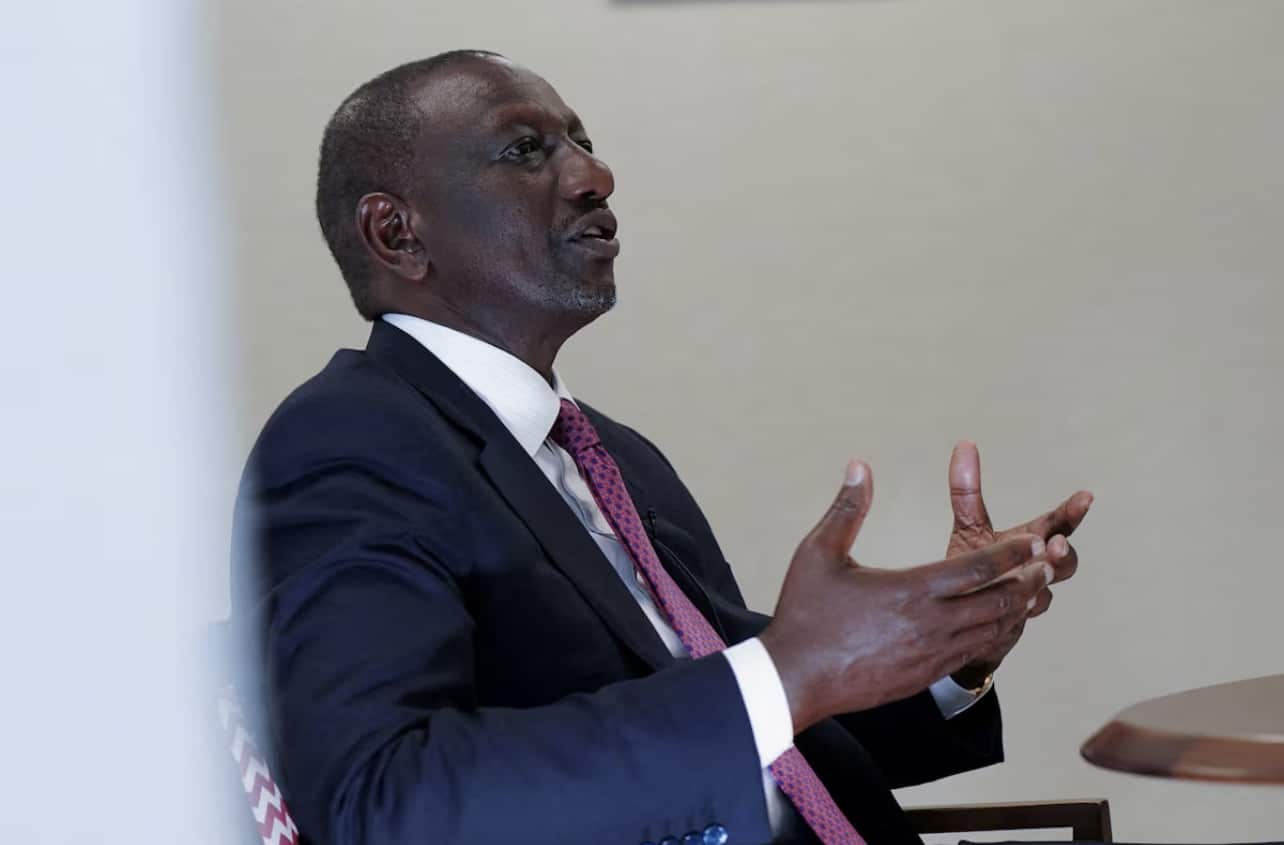
Ruto’s government is also working to reduce the cost of servicing its debts, which ratings firm Moody’s estimates consume some 27% of government revenues. This week, the country converted $3.5 billion of loans owed to China from dollar to yuan, which it estimates will save $215 million annually. Kenya’s debt-to-GDP hovers near 70%.
Pension funds unite to boost investment in Africa
African pension funds are set to launch a pooled “Development Fund for Africa” as part of an effort to channel more of the continent’s $700 billion pension assets into infrastructure, climate and SME finance, Soft Power News reports.
Mobilizing Africa’s pension capital for domestic investment has been stymied by fragmented policy and it tends to be steered toward safer, liquid assets, with tight investment rules and a home bias. Kenya, for example, caps offshore holdings at around 15%, while Uganda’s NSSF portfolio is nearly 80% fixed income. Nigeria earlier this year said it was keen to invest more of its pension assets in infrastructure.
Patrick Ayota, managing director of Uganda’s National Social Security Fund, which is helping to spearhead the initiative, said the aim of the fund was to steer African pension capital toward transformative sectors such as infrastructure, education, technology and healthcare. “For a long time, Africa has relied on funding from the West for its infrastructure. However, the changing global geopolitical posture means that Africa must now mobilize domestic capital to meet its development needs,” he said.
Tanzania’s opposition crackdown sets stage for one-sided election
The treason trial of Tanzanian opposition leader Tundu Lissu began this week, just weeks before the country votes in a presidential election, Reuters reports. Lissu, who placed second in the 2020 presidential elections, has been accused of attempting to incite rebellion and election disruptions—charges he claims are politically motivated.
Incumbent President Samia Suluhi Hassan is widely expected to win another term after many competitors and major opposition candidates—including Lissu’s Chadema party—were barred from taking part. In September, Luhada Mpina, the leader of the second-largest opposition party, was disqualified for the second time by Tanzania’s electoral commission.
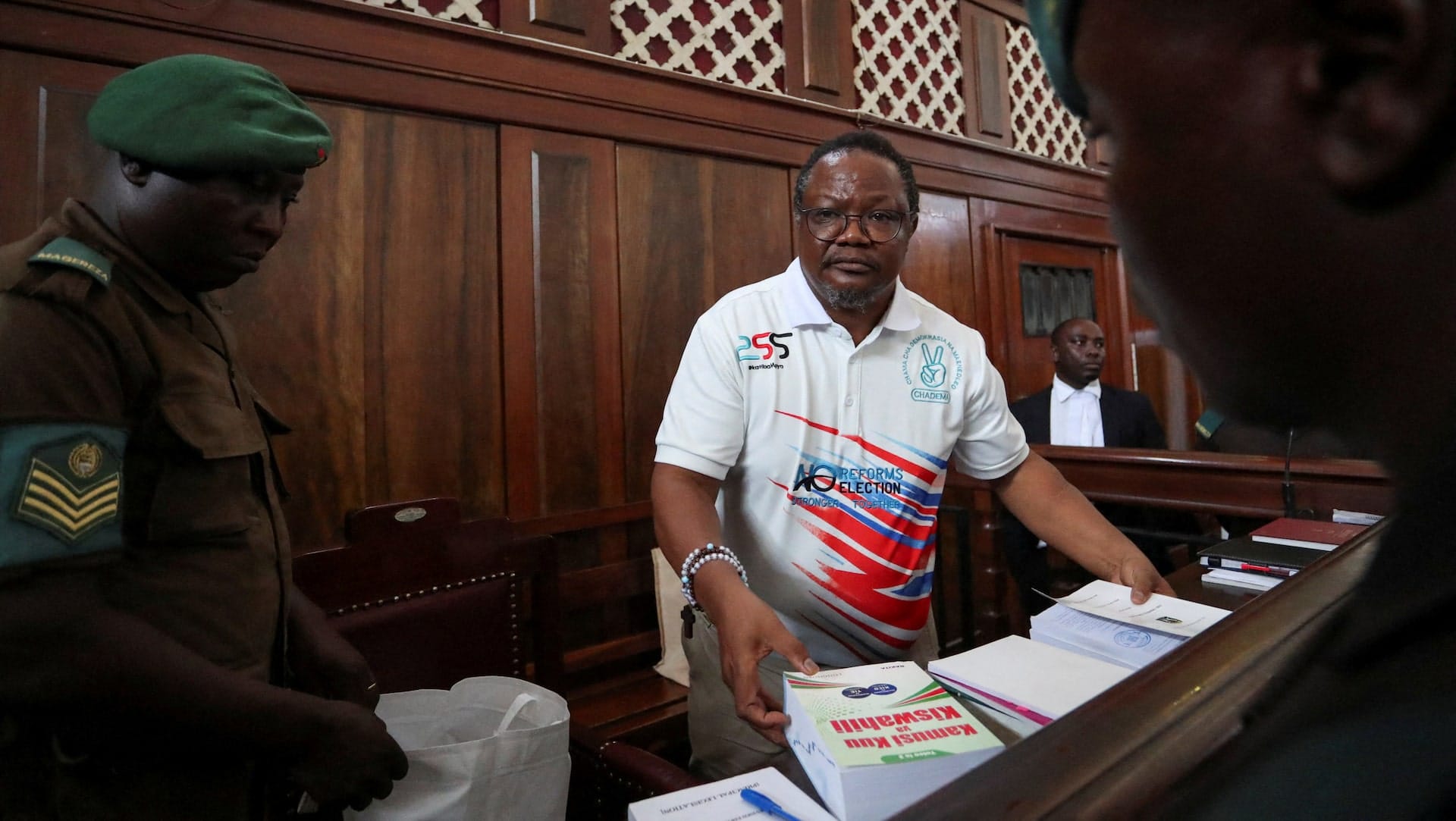
On Tuesday, police announced they were investigating the reported abduction of government critic Humphrey Polepole, a former diplomat who became a vocal critic of Samia. Polepole’s abduction continues a string of violent attacks against dissidents.
Madagascar’s president fortifies cabinet in face of protests
Gen Z-led protests against President Andry Rajoelina’s government stretched into a third week as more than 1,000 demonstrators marched through the streets of Antananarivo on Thursday. The demonstrators, who’ve been joined by civic groups and trade unions, are demanding the president’s resignation, citing broad dissatisfaction with power and water shortages, corruption, a high cost of living and unemployment.
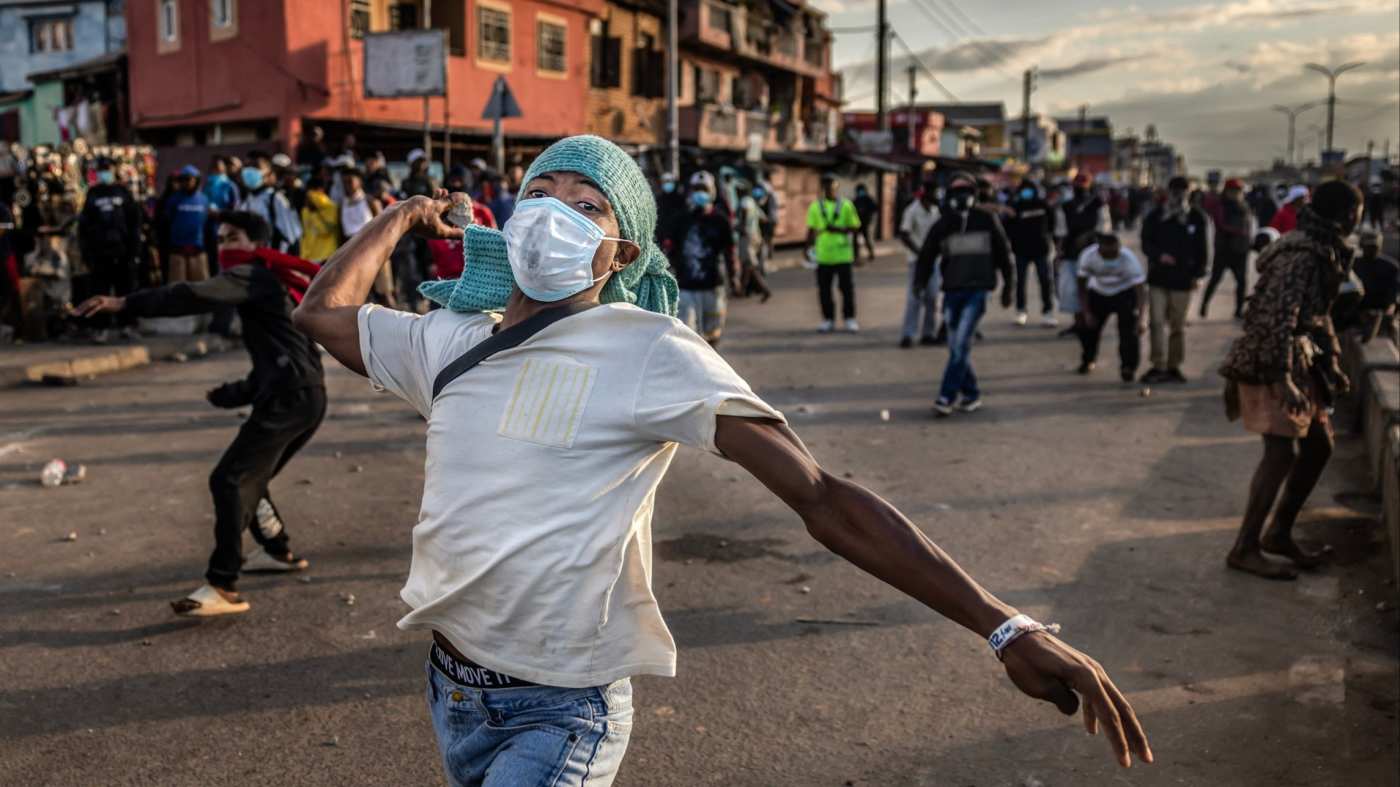
Rajoelina has sought to placate the protesters, replacing key government officials, including his prime minister, and holding open forum town halls in the presidential palace to facilitate a “national dialogue.” Despite these moves, protesters are threatening a national strike if he does not resign, while clashes with security forces grow more deadly.
Rajoelina has asked for another year to resolve the protesters’ concerns, but appears to be preparing for continued unrest. This week, he appointed General Ruphin Fortunat Zafisambo as prime minister, and three other generals for armed forces and police minister roles.
Asia
Vietnam wins long-sought upgrade to EM status
Index provider FTSE Russell this week upgraded Vietnam to emerging-market status, potentially setting the stage for billions of dollars to flow into the country’s capital markets. The upgrade will take effect next September if Vietnam passes an interim review in March, FTSE Russell said on Tuesday.
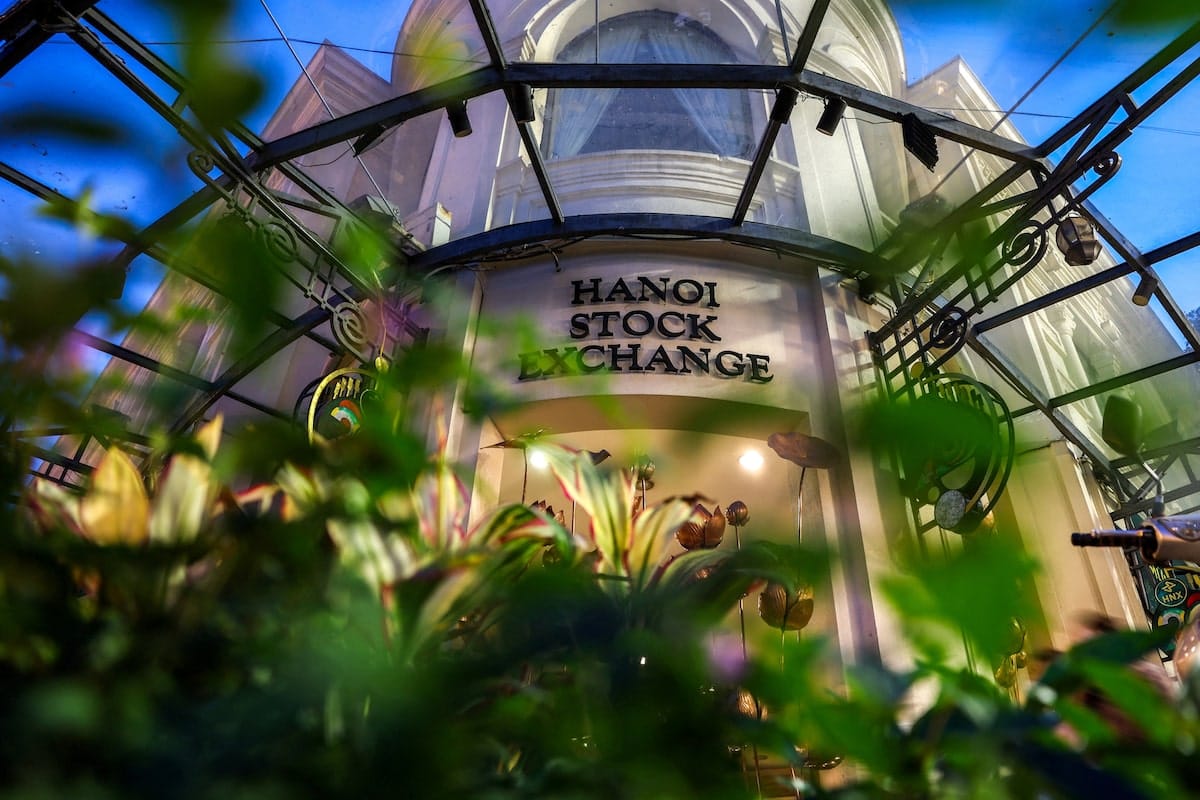
The firm has been monitoring Vietnam for an upgrade since 2018 and made the decision this week in light of the country’s recent efforts to ease trade settlements, Reuters reports. The reclassification could bring in up to $1.5 billion in passive inflows alone as emerging markets funds add Vietnamese assets to their portfolios.
But there is also a chance the foreign investors who bet on the upgrade will take profits and leave the market, as they have done after previous upgrades by rival index provider MSCI. Foreign investors sold Vietnamese stocks worth $2.6 billion in August and September, compared to inflows of between $3.5 and $5 billion, according to Reuters.
Georgian opposition leaders charged with ‘coup attempt’
Prosecutors in Georgia charged five opposition figures with attempting to overthrow the government after large-scale protests rocked the country’s capital during local elections on Saturday, DW reports. Tens of thousands of people had taken to the streets to protest against elections they called a “sham”, Al Jazeera reports.
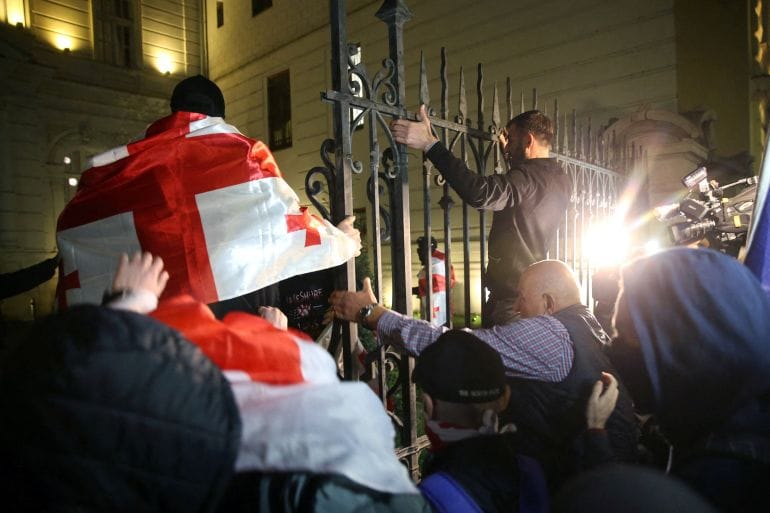
The ruling Georgian Dream party secured an unsurprising victory, after many opposition parties boycotted the election.
- Putin visits Tajikistan for summit with Central Asian leaders (Moscow Times)
The unrest is another setback for Georgia, which made strides toward democracy after the fall of the Soviet Union only to stumble toward autocracy after Georgian Dream—which is thought to be controlled by a billionaire the US government has sanctioned for promotion of Russian interests—took power in 2012. According to a May EU poll, almost three quarters of Georgians say they want to join the EU. But while Georgian Dream says it supports that effort, the country’s EU accession plans froze after the party won a disputed election last year.
Exiled Bangladesh opposition leader seeks return ahead of planned election
The exiled head of Bangladesh’s leading political party is plotting a return to the country for next February’s elections, he told the FT on Monday. Tarique Rahman, the leader of the Bangladesh Nationalist Party and scion of a Bangladeshi political dynasty, is expected to become a candidate for prime minister after the planned vote. His father was president of Bangladesh before being assassinated in 1981, after which his mother Khaleda Zia led the BNP for decades.
- Bangladesh approves massive purchase of US wheat (Reuters)
Rahman has been in exile in the UK since 2008 when he fled Bangladesh to avoid corruption charges that he says were politically motivated. BNP is the early frontrunner for the upcoming election, the first since student protesters ousted then-prime minister Sheikh Hasina last year.
Middle East
Iran looks to Asian partners in face of snapback sanctions
Iran this week responded to the EU’s re-imposition of sanctions over its nuclear program by taking steps to strengthen its relationship with Asian partners. Among the moves are the agreement of a naval cooperation pact with Russia, Kazakhstan, and Azerbaijan, according to Iranian state media.
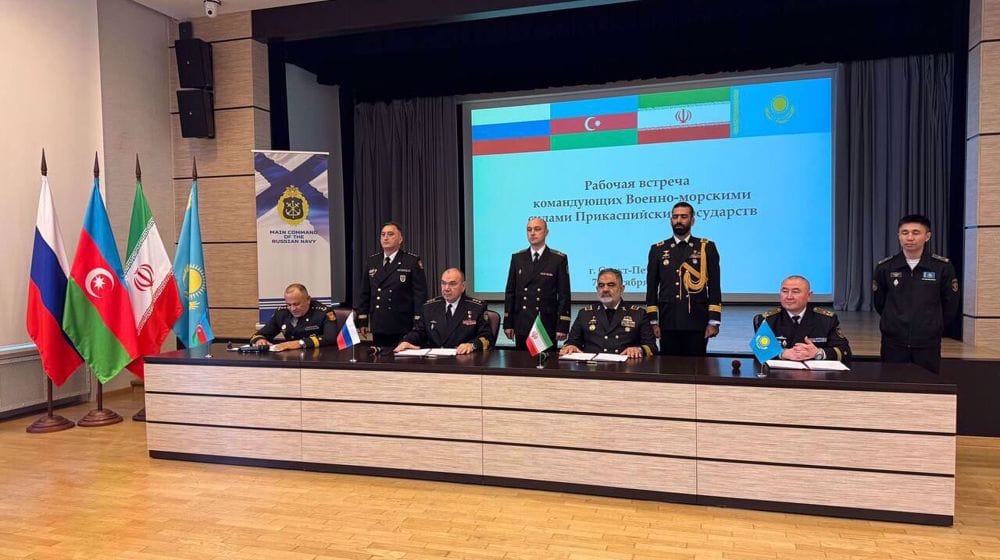
The pact, signed in St. Petersburg, affirms a non-interference principal for non-regional nations in the Caspian Sea, with the Iranian representative stating the Caspian is “not a place where there is room for maneuvering by extra-regional powers.”
With sanctions and increased diplomatic pressure by the EU and US isolating Iran, the government is turning to existing regional partners for new forms of finance, including a recently revealed cars-for-copper barter arrangement with China that enables Iran to sidestep limitations on its access to international trade finance systems. China has also supported Iran by offering-non-dollar insurance contracts and financial services meant to support its purchases of sanctioned Iranian oil, the WSJ reported this week.
Syrian election raises ethnic inclusivity concerns
Syrians went to the polls this week to vote in long-awaited parliamentary elections considered to be the biggest step yet toward legitimizing Ahmed al-Sharaa’s transitional government, the New York Times reports.
But while the election, which was the first since the December 2024 collapse of the Assad regime, brought hope of a more democratic future, it also raised concerns about integrating Syria’s myriad minority groups in a centralized government, Al Jazeera reports. Of the total open seats contested, only about 4% will be represented by women, with just two Christians elected, and votes in Druze and Kurdish minority areas were postponed due to continuing security and power-sharing issues.
- Syria on ‘knife-edge’ in wake of sectarian clashes, UN envoy warns (FT)
The result is a parliament dominated by Sunni factions affiliated with Ahmed al-Sharaa’s HTS militant group. Domination by Sunni voters is expected to exacerbate concerns about minority representation and integration into a centralized government, with clashes erupting this week between the Kurdish SDF and the Damascus government’s forces, which both sides blamed the other for instigating.
Europe
Czech Republic faces uncertain future after populist election victory
The populist ANO party, led by billionaire former prime minister Andrej Babis, won this week’s Czech parliamentary election but with just 35% of the vote it failed to gain a majority, the Guardian reports. Babis has begun talks with two small right-wing Eurosceptic parties, Motorists for Themselves, and Freedom and Direct Democracy, to secure a majority in parliament, which will enable them to form a government.
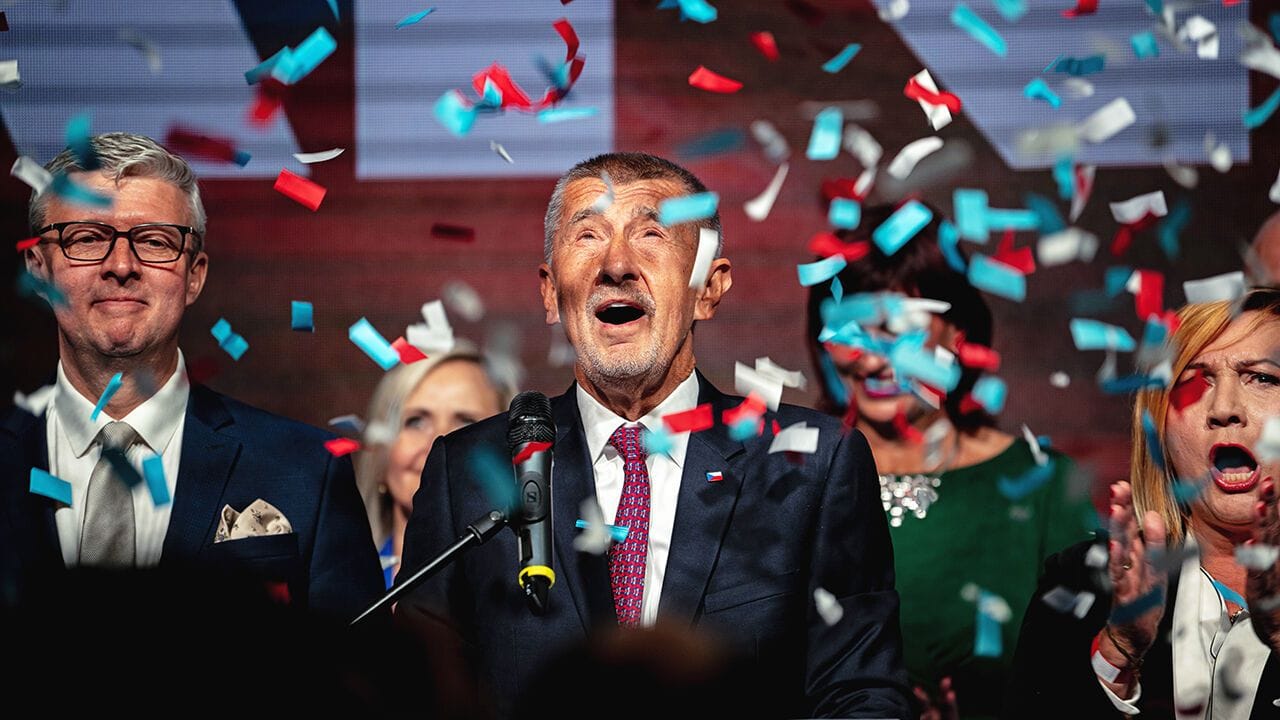
While Babis will likely agree to some demands of his potential coalition partners, such as rejecting EU emissions standards, experts do not anticipate the large-scale deportations of Ukrainian refugees sought by Freedom and Direct Democracy. Still, according to the BBC, Babis could eliminate much of the Czech Republic’s military support to Ukraine.
- Czech institutional constraints limit scope for near-term policy shifts (Fitch)
Babis’ victory represents a remarkable political comeback after a trail of alleged improprieties drove him from office in previous administrations, the Economist reports. Babis still faces fraud charges, however, and has to meet the requirements of an amended conflict of interest law, PBS reports.
Poland pushes forward with energy storage systems
Poland secured two large-scale renewable-energy battery deployment agreements this week, ESS News reports. GoldenPeaks Capital (GPC), a large independent power producer headquartered in Malta, and the Polish arm of Huawei set plans to deliver 500 MWh of battery storage in Central and Eastern Europe. CommVOLT, a solar integration company in Poland, signed an agreement with Chinese battery manufacturer EVE to deliver an additional 500 MWh of energy storage in the region.

While the majority of Polish energy comes from coal, gas and oil, it is one of the fastest growing solar markets in the EU. Solar generation capacity tripled since 2021 to reach 17% of the country’s energy output last year. Wind provides the majority of Poland’s renewable energy with nearly 25,000 GWh generated in 2024. However, the country’s new president, Karol Nawrocki, has moved to restrict further growth in the segment.
Poland, along with the Czech Republic, Hungary and Slovakia have outpaced EU solar development since 2019. The four countries averaged a sixfold increase in solar output between 2019 and 2024 while the EU’s output increased by 2.5-fold, according to a report by Ember Energy.
Serbia accused of meddling in Kosovo election
Tensions have been rising this week as voters in Kosovo prepare to head to the polls for the fifth local elections since the country of 1.6 million people declared independence from Serbia in 2008. Kosovo’s President Vjosa Osmani accused Serbia of trying to influence the outcome of this weekend’s election “through vote buying, external interventions, intimidation, and violence,” Euronews reports.
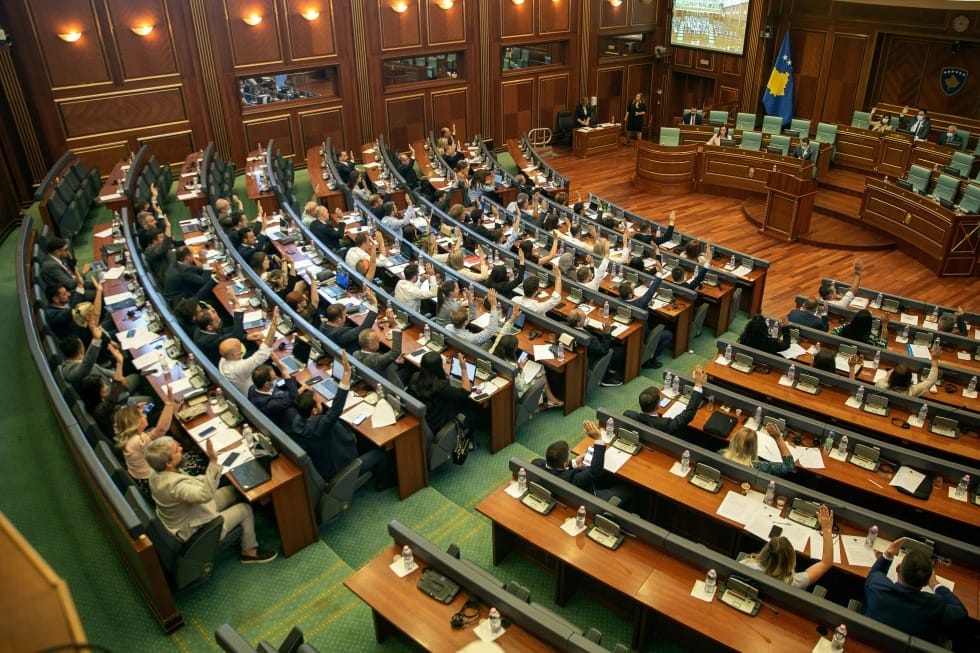
Serbia has faced similar accusations in the past. An EU observer mission said Serbia had tried to influence parliamentary elections in February, which resulted in political deadlock as the elected party failed to form a coalition. Parliament ended the deadlock this week by electing an ethnic Serb to the cabinet.
The Council of Europe will send a delegation to observe polling stations in Kosovo on election day and will share its findings on Monday. The US—which has a rocky relationship with Kosovo’s ruling party—and Russia will also be watching the results due to Kosovo’s strategic importance to both countries, the Eurasia Review reports.
Latin America
Colombia launches largest ever domestic debt exchange
Colombia executed its biggest domestic debt swap on record, exchanging 43.4 trillion pesos ($11.2 billion) of bonds maturing between 2025 and 2050 for longer-dated notes due 2029 to 2058, Reuters reports. The finance ministry said the deal, which was 13% oversubscribed, will save $438 million in interest payments this year.
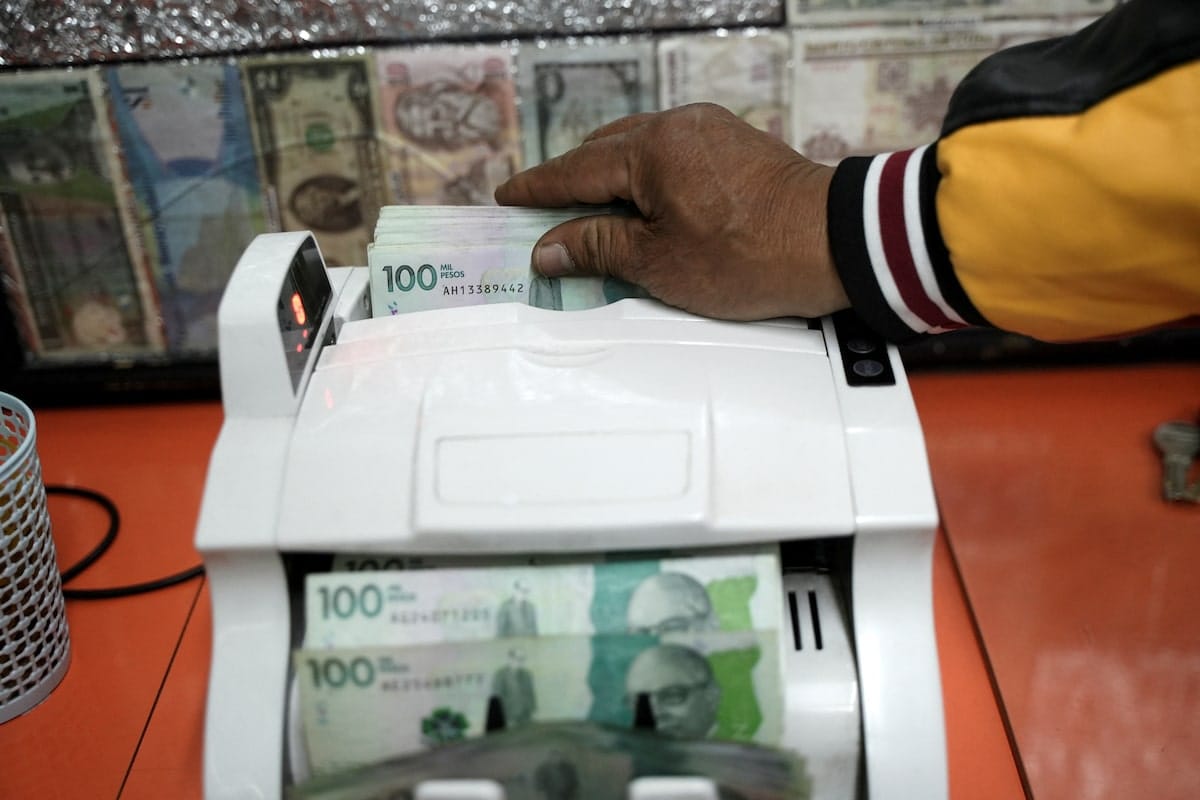
It marks the seventh such swap in 2025 as Bogotá seeks to smooth its repayment profile and manage a heavy fiscal load amid slowing growth and stubbornly high borrowing costs.
The exchange extends maturities and eases near-term pressure ahead of next year’s financing cycle, and reflects a broader regional trend toward domestic refinancing in the absence of deep foreign demand for sovereign debt.
US greenlights controversial Trinidad and Tobago gas deal
Washington has granted Trinidad and Tobago permission to resume talks with Venezuela over a four-trillion-cubic-foot offshore gas project led by Shell, the FT reports. The US Treasury had revoked the license in April under tightened sanctions but quietly reinstated it this week, allowing phased negotiations under strict conditions.
The decision comes as US warships patrol the Caribbean and tensions with Venezuelan leader Nicolás Maduro escalate. Attorney-General John Jeremie said the new license permits “reasonable” commercial targets without conferring material benefit to Caracas.
Trinidad and Tobago’s Prime Minister Kamla Persad-Bissessar last month met US Secretary of State Marco Rubio to discuss her country’s support for the US’ counter-narcotics operations as well as resuming work on the gas project. The Biden-era halt to the project in 2019 had frozen investment; Shell hopes to begin production by 2027.
Global Macro
EM stock rally heats up
Emerging market equities are enjoying their strongest run in more than 15 years, the FT reports. The MSCI EM index is up 28% this year, the biggest gain since 2009, while a JPMorgan gauge of local-currency sovereign bonds has climbed 16%.
Investors are piling into developing-world assets in response to a weakening dollar, falling US interest rates, and relative value after a decade of underperformance.
- Emerging assets rise as Mideast deal impact adds to AI frenzy (Mint)
The rally is broad-based. Emerging-market currencies are strengthening and local-currency bond issuance has hit record levels. Real yields remain high even as inflation falls, making emerging-market debt more attractive for global funds looking to shed US assets.
With valuations still far below US levels, however, strategists say EM assets could continue to outperform if global growth holds and uncertainty over China’s economic trajectory doesn’t derail sentiment.
What We’re Reading
Nigeria to triple capital gains tax for foreign equity investors (Bloomberg)
AfDB backs Nigeria’s reform drive with fresh $500mn facility (FiA)
Nigeria’s Tinubu seeks approval for $2.3bn external borrowing (Premium Times)
Niger scoops $144.7mn AfDB financing for energy access and competitiveness (AfDB)
Cameroon’s predictable election ‘will produce unpredictable chaos’ (Foreign Policy)
Ethiopia’s $8.3bn export surge: Real gains, political spin (The Habesha)
Burundi endures ‘worst economic crisis in a country not at war’ (FT)
Pakistan dangles port investment toward US as it seeks $1bn from Saudi Arabia (FT)
Leaders of Vietnam and Laos visit North Korea (The Tribune)
Vietnam pushes ahead with international financial center plan (Nikkei)
Myanmar civil rights group to sue Norwegian telecom giant for info sharing with junta (Al Jazeera)
Thailand greenlights $1.4bn stimulus (Bangkok Post)
Indonesia suspends TikTok’s licence over refusal to share protest data (FT)
Malaysia ‘more vulnerable’ than peers to US risks (Nikkei)
Saudi Arabia ‘to invest in solar-powered desalination project’ in Senegal (Arab News)
Consultants in Saudi Arabia curb expansion plans (FT)
Record low borrowing costs drive foreign debt surge in Gulf states (FT)
Turkey’s gas shift threatens Russia and Iran’s last big European market (Reuters)
Hungary’s forint sinks as president puts pressure on central bank (Bloomberg)
Slovakia announces nuclear reactor deal with the US (ABC News)
Russia imposes 24-hour blackout on foreign SIM cards (The Record)
Panama Canal posts $5.7bn in 2025 revenue as transits jump 19% (Reuters)
Ecuadorean president’s car attacked in protest over diesel price (FT)
US removes sanctions on Paraguay’s ex-president (Bloomberg)
Delay in US financial support for Argentina rattles markets (El Pais)
We are committed to providing FMN readers with a free weekly digest of politically unbiased, succinct and clear news and information from frontier and small emerging markets.
Please consider becoming a paid supporter to help cover some of our costs and support our continued development of sharp markets-focused coverage and new informational products. Paid subscribers will also gain exclusive access to our quarterly EM/FM report that aggregates EM insights from 25 major banks, international institutions and consultancies.





